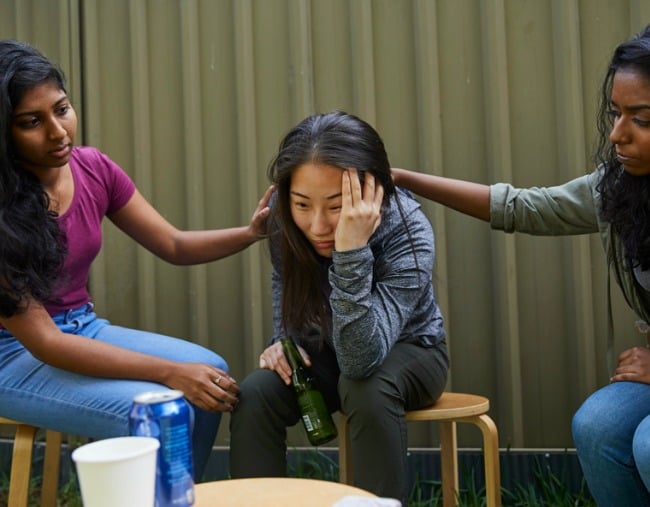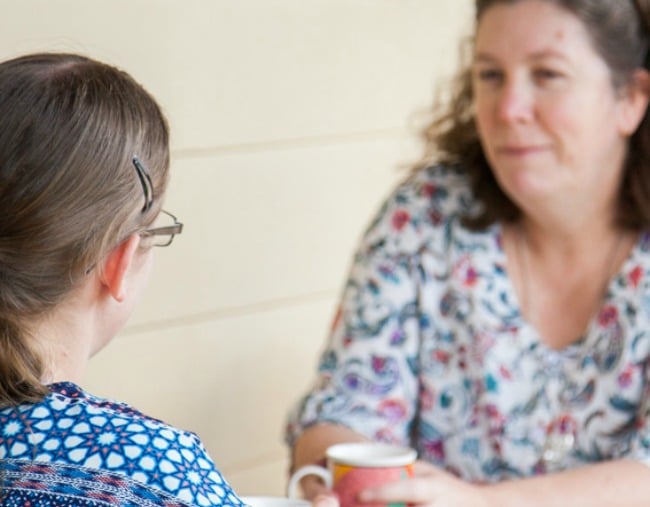It’s a fact of life—teens experiment with alcohol. But how do you know when things have gone too far?
One mum shares her 13-year-old’s struggle with alcohol, and how they came out the other side.
Things just start to snowball.
It can be hard to pinpoint when an alcohol problem begins. Sarah* is a single mother with four girls. Her girls are now 28, 23, 17 and 16, but when her second daughter, Julia*, was 13, things started to change.
“When Julia was young, she was trustworthy, had good friends, kind of the nerdy-girl. But when she just turned 13, she started sleeping over at friends’ places. We live near the city in Sydney, so she would start sneaking-out and hang out with her friends in the city. In the beginning, I was oblivious,” Sarah said.
Before Sarah realised what was happening, things started to snowball.
“She became aggressive and started hanging out with older kids. Sometimes I wouldn’t see her for two or three days. It really frightened me”.
There was a moment when it really hit her how bad this had become. “My youngest girls were only small at the time, like five or six, and I was walking the streets near Town Hall station, dragging them behind me, looking for Julia. It was awful. I found Julia drunk with friends, and dragged her home with me,” Sarah revealed.
“One time I got a phone call at 12.30am from the police. They wanted me to come down and pick Julia up. She been found drinking at Darling Harbour with friends, and got into a fight.”
“When I went to pick her up, she seemed scared. I thought that had rattled her enough that she wouldn’t do it again. But eventually she ended up in Juvie (Juvenile Detention), and DoCS (Department of Family and Community Services) got involved.”


